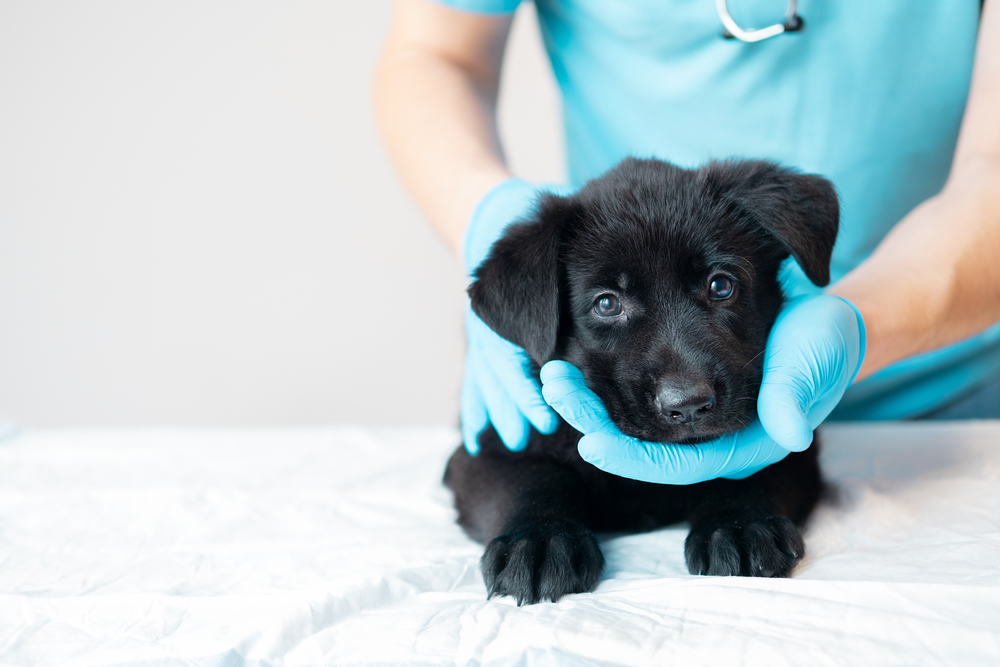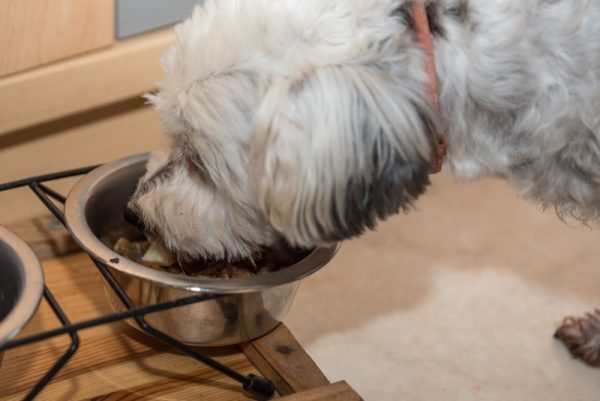In this article
View 3 More +You’ve just gotten a new puppy, so life is grand, but what happens next? After the excitement over having a new furry friend dies down a little, it’s time to get the important parts of puppyhood started, such as training and vet visits. But when should you take a puppy to the vet for the first time?
Ideally, you should take your puppy to the vet within a few days of receiving them. This is simply so your vet can review your pup’s records and do a physical examination to ensure your pet is in good health. However, this isn’t the only vet visit your puppy will require in the first few months of their life!

When Do I Take a Puppy to the Vet for the First Time?
You should take your puppy to the vet for the first time within a few days of picking up your new furry friend. This visit will allow your vet to fully examine your dog and their records to see if there is any immediate care they need. It allows any health problems to be picked up as soon as possible, and before any health guarantees the breeder may have provided expire.
If you do get your pup through a breeder, the breeder should already have taken your dog to the vet. When you receive your puppy, you should also get paperwork from the breeder that states exactly what medical care the dog has already had. This doesn’t negate the need to have your pup independently checked out by your own vet, but it will give you a better idea of when your puppy will next need to visit the vet.
After the initial vet visit, your puppy will continue seeing the veterinarian about once a month until they are 4 or 5 months old. Puppies usually have their first vet visit between 6 and 8 weeks of age (which is why the breeder should have taken them to the vet before). Why will your puppy need so many vet visits? These are to receive all the vaccines they need!
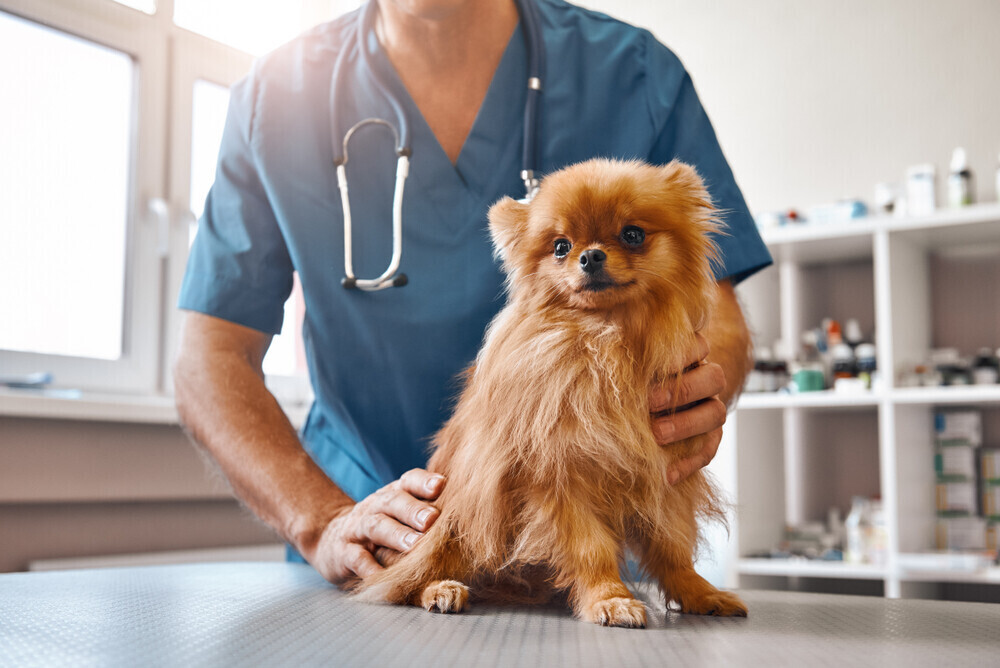
What Happens During My Puppy’s First Vet Visit?
A puppy’s first visit to the vet can include many routine things, such as:
- An examination of the feet, ears, nose, eyes, and genitalia
- An examination of the coat and skin
- An examination of the mouth and teeth
- Palpitation of the abdomen and lymph nodes
- Recording of weight
- Listening to the heart and lungs with a stethoscope
- Temperature check
Your vet will discuss your puppy’s history with you and answer any questions you might have about the care of your dog, like what type of flea and tick medication is best for them or when they should be neutered or spayed. They can also advise you on the right nutrition for your growing pup, and exercise.
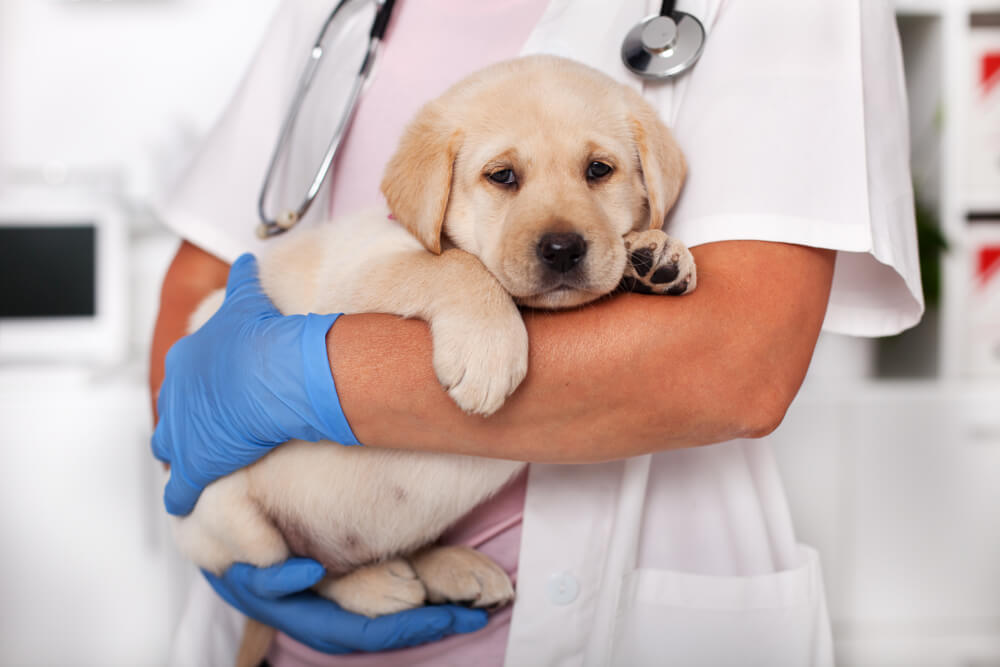
What Do I Need to Bring to the Vet for This Visit?
You also want to ensure you bring what you need for your puppy’s first vet visit. What should you have with you?
- Any healthcare records from the breeder or shelter (including vaccination records)
- Any forms your vet requested you fill out beforehand
- A list of any questions you want to ask your vet
- Leash and collar/harness
- Dog carrier for smaller puppies
- Small treats or toys to distract and reward your puppy
Your vet may also require you to bring other items, so be sure to check with them to know whether you have all that is required with you.
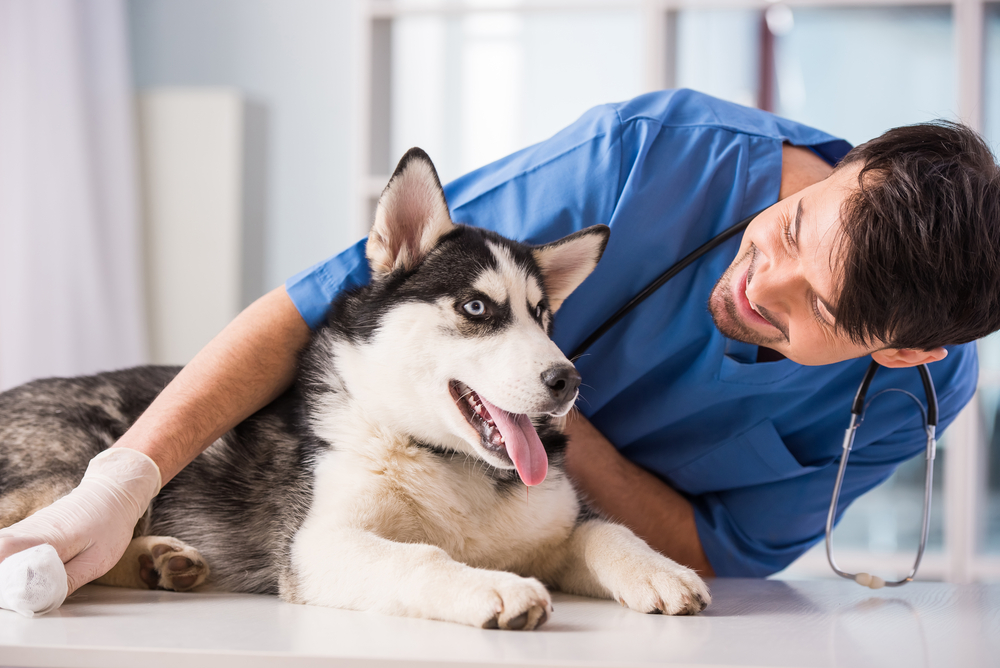
How Much Will This Visit Cost?
It honestly depends on where you’re located. Vets located in large cities will usually cost more than a vet located in a rural area. However, because your puppy will be receiving routine care, the visit shouldn’t be overly expensive.
If you’re concerned about the cost of healthcare for your puppy, though, you may want to consider getting pet health insurance. Pet health insurance works similarly to human health insurance and can cover many veterinarian costs. There are several pet health insurers on the market; all offer various kinds of coverage, so take a look and decide if pet health insurance is right for you!

Conclusion
Getting a new puppy is fun, but it also requires that you do the work of taking care of your new dog. Part of this care involves taking your puppy to the vet for the first time, which should be done within a couple of days of bringing your pup home. After that, you’ll have to schedule several more vet visits over the next few months to ensure your dog has received all the essential vaccines and other preventative healthcare that they need.
See Also:
Featured Image Credit: Yana Vasileva, Shutterstock
